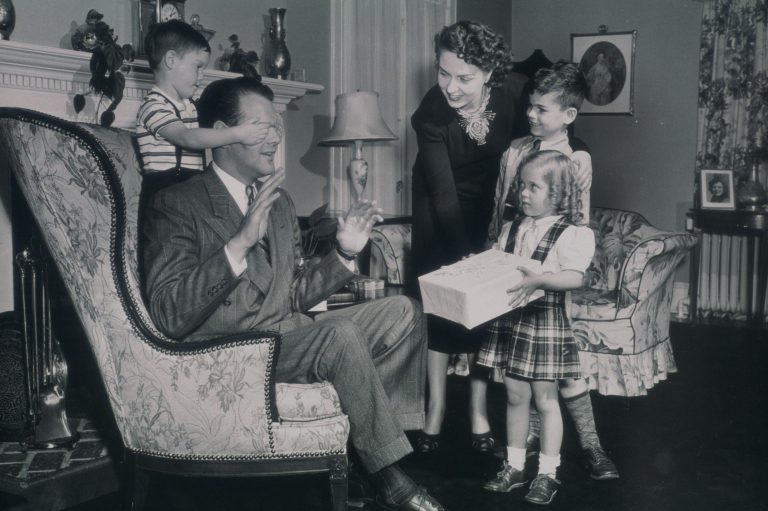As the twinkling lights fade, the last carol is sung, and the final gift is unwrapped, a bittersweet feeling often settles in—the post Christmas blues. While the holiday season is synonymous with joy and celebration, the period immediately following Christmas can sometimes evoke feelings of sadness, nostalgia, or a sense of letdown. This emotional phenomenon, often referred to as “Post Christmas Syndrome,” is a complex interplay of various factors that contribute to this shift in mood.
Table of Contents
Toggle5 Causes of Post Christmas Syndrome
The Build-Up and Anticipation
One significant element that contributes to post Christmas blues is the buildup to the holiday itself. For weeks, or even months, individuals anticipate and prepare for the festivities. The excitement, buzz, and anticipation surrounding Christmas can create a sense of euphoria. However, once the day has passed, the sudden absence of this buildup can leave a void.

Emotional Highs and Lows
During Christmas, emotions often run high. It’s a time for reunions, celebrations, and cherished moments with loved ones. The contrast between this heightened emotional state and the return to everyday routines post Christmas can trigger a feeling of emotional letdown. The transition from the warmth and closeness of family gatherings to the normalcy of daily life can be challenging.
Loss of Festive Atmosphere
The festive ambiance, characterized by dazzling decorations, cheerful Christmas songs, and a general spirit of goodwill, contributes significantly to the holiday experience. When festive atmosphere dissipates, returning to the ordinary can feel stark and mundane in comparison, amplifying feelings of sadness or nostalgia.

Pressure of being Back to Work and School
Heading back to work or school after the holidays can definitely feel like a lot of pressure. The transition from relaxation to routine hits hard, it can be challenging to shift back into the structured routine of work or school. There might be pending work or tasks that need immediate attention, causing stress about catching up and managing the workload.
Reflection and Nostalgia
The end of the year, marked by Christmas, is a time for reflection. People often look back on the year, reminisce about past holidays, and contemplate the passage of time. Nostalgia for childhood memories or past celebrations can also contribute to a sense of melancholy.

How to Cope with the Post Christmas Syndrome?
Coping with post Christmas blues involves acknowledging and addressing these feelings while finding ways to transition into the new year positively. Here are some strategies to help manage those emotions:
Reflect and Accept: Recognize that feeling a little low after the holidays is normal. Allow yourself to acknowledge and accept these emotions rather than trying to suppress or deny them.
Practice Self-Care: Engage in activities that promote well-being. Exercise, get plenty of rest, eat healthily, and prioritize activities that bring you joy and relaxation.
Maintain Connections: Stay connected with friends and family beyond the holiday season. Plan outings, phone calls, or video chats to keep those connections strong and maintain a sense of social support.

Create New Traditions: Embrace the transition by establishing new post Christmas rituals or traditions. This could involve starting a gratitude journal, taking winter walks, or volunteering in your community.
Set New Goals: Channel your energy into setting fresh goals for the new year. Whether it’s personal development, career aspirations, or hobbies, having something to look forward to can uplift your spirits.
Focus on Gratitude: Reflect on the positive aspects of the holiday season. Appreciate the memories made, the moments of joy, and the experiences shared with loved ones.

Declutter and Organize: Start the new year by tidying up and organizing your space. This can give you a sense of accomplishment and a fresh start for the coming months.
Practice Mindfulness: Mindfulness and meditation can help in staying present and reducing anxiety about the past or future. Apps, guided meditations, or simply focusing on breathing can assist in this practice.
Embrace Creativity: Engage in creative activities like painting, writing, or crafting. Expressing yourself creatively can be therapeutic and uplifting.

Remember, it’s okay to feel a little low after the holidays. By being gentle with yourself, maintaining healthy habits, and focusing on the positives, you can navigate through post-Christmas blues and step into the new year with a renewed sense of purpose and positivity.
Conclusion
In conclusion, post Christmas syndrome is a natural emotional response to the culmination of a highly anticipated and emotionally charged period. Acknowledging these feelings, accepting the transition, and finding ways to embrace the present moment can help navigate this transitional phase and pave the way for a fresh start in the new year. Remember, the spirit of Christmas—of love, kindness, and togetherness—can be carried forward beyond the holiday season, enriching our lives throughout the year.















+ There are no comments
Add yours